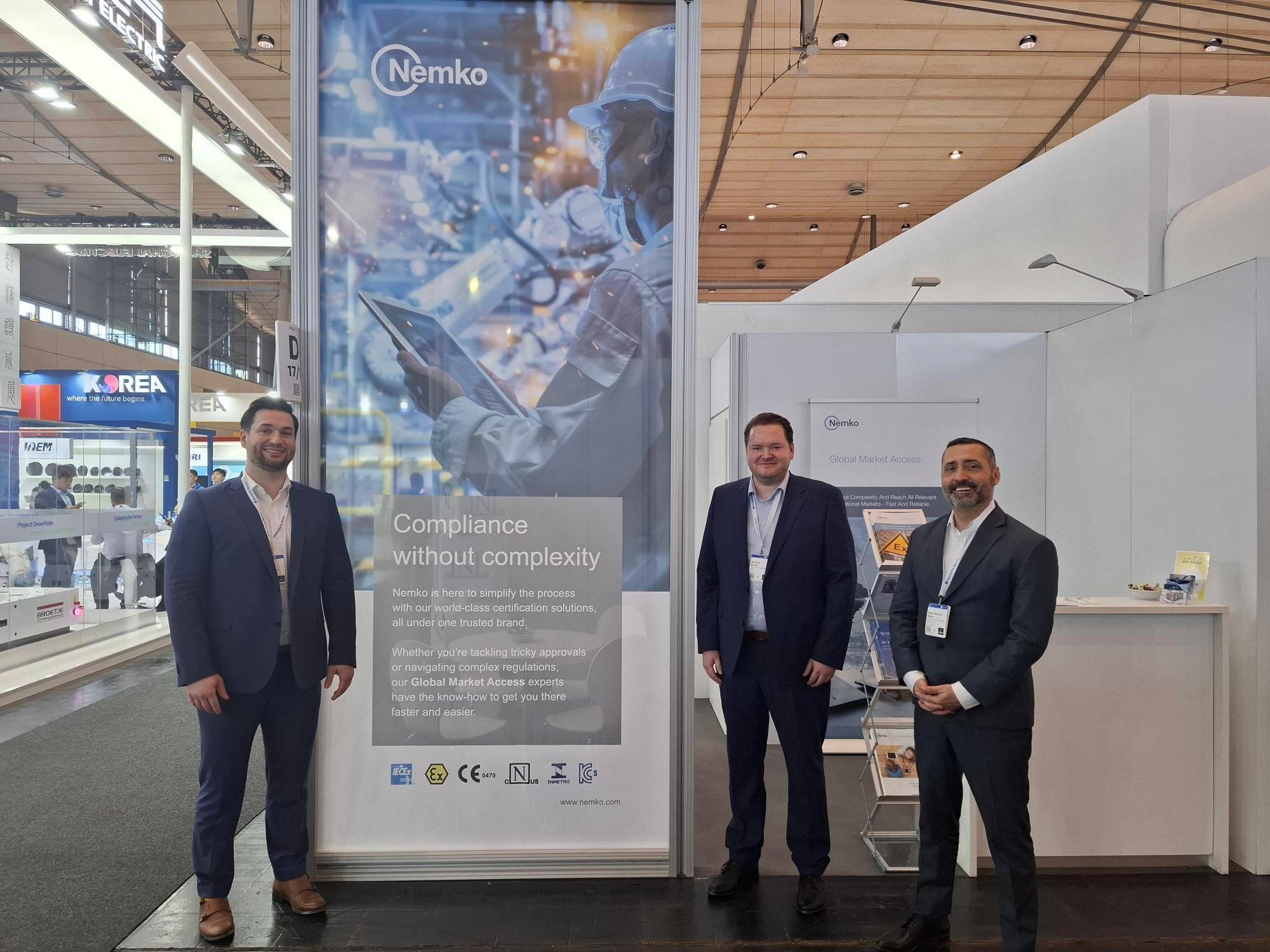Our AI Governance Services
Nemko Digital offers comprehensive services to help organizations establish effective AI governance. Our services are tailored to your specific needs, industry context, and regulatory requirements.
AI Governance Assessment
We evaluate your current AI governance practices against best practices and regulatory requirements, identifying gaps and opportunities for improvement. Our assessment provides a clear understanding of your starting point and priorities for governance enhancement to address potential risks.
Learn more about our AI Governance Assessment services.
AI Governance Framework Development
We help you develop comprehensive AI governance frameworks tailored to your organizational context. These frameworks include policies, structures, processes, and tools that enable effective governance of AI systems throughout their lifecycle.
Learn more about our AI Governance Framework Development services.

Our services cover all aspects of AI governance implementation
AI Risk Management
We help you implement structured approaches to identifying, assessing, and mitigating AI-related risks. Our risk management frameworks address technical, ethical, and compliance risks, ensuring comprehensive risk coverage for AI technologies.
Learn more about our AI Risk Management services.
Regulatory Compliance Support
We help you navigate the complex landscape of AI regulations, implementing governance practices that meet regulatory requirements while supporting business objectives. Our compliance support covers the EU AI Act, ISO/IEC standards, and other relevant regulations.
Learn more about our AI Regulatory Compliance services.
AI Ethics Committee Establishment
We help you establish effective AI ethics committees that provide oversight and guidance for AI development and use. Our support includes defining committee scope, composition, processes, and integration with broader governance structures to ensure oversight mechanisms are effective.
Learn more about our AI Ethics services.
AI Governance Training
We provide specialized training on AI governance principles, practices, and tools. Our training programs build internal capability and awareness, ensuring your team has the knowledge and skills to implement and maintain effective governance.
Learn more about our AI Governance Trainis.









